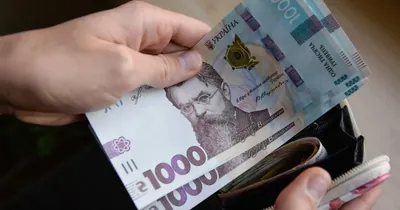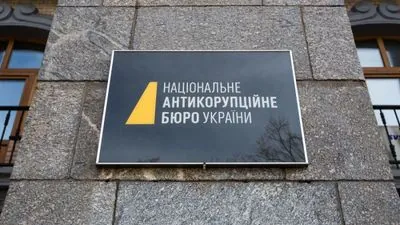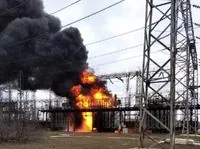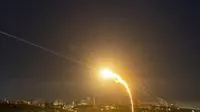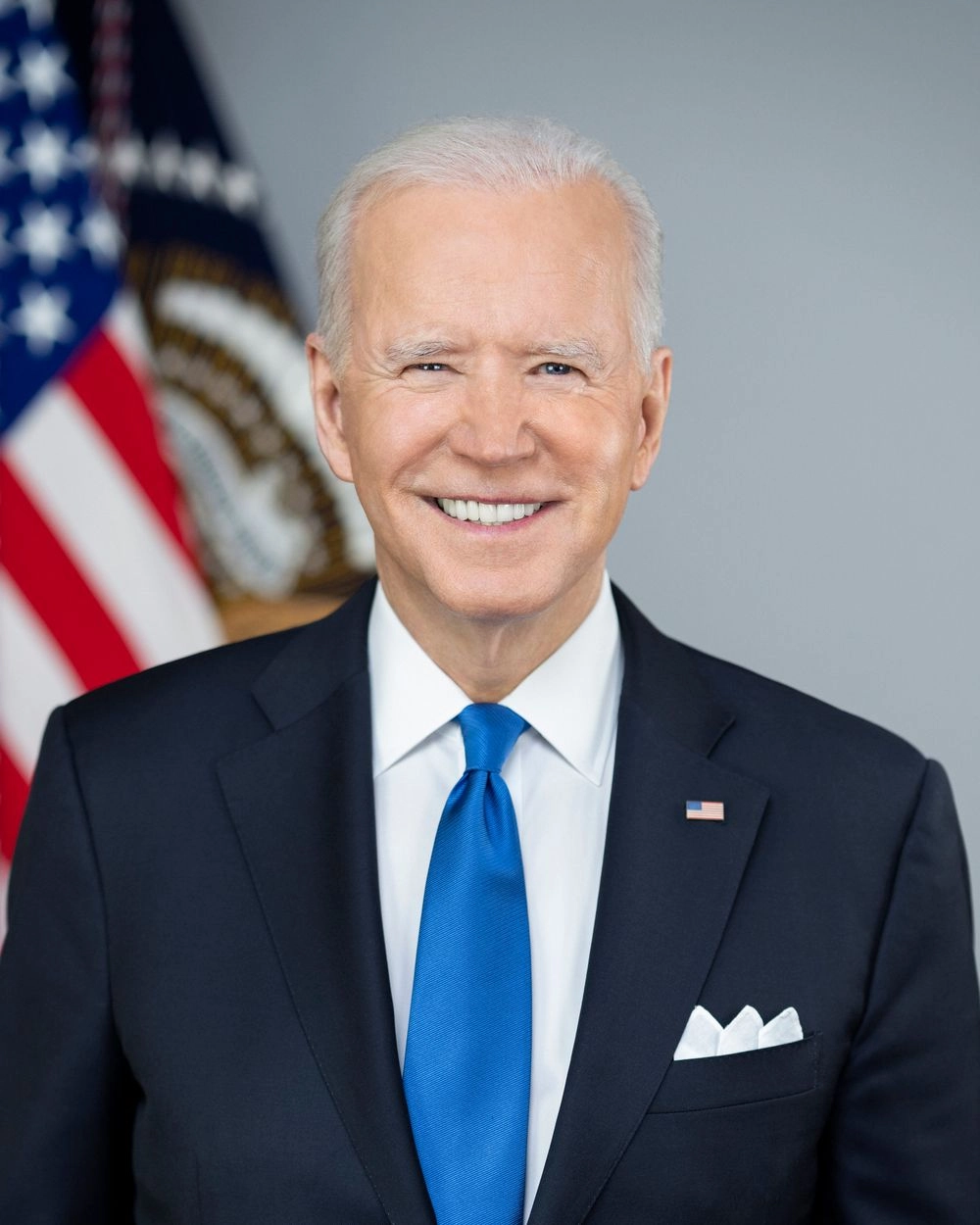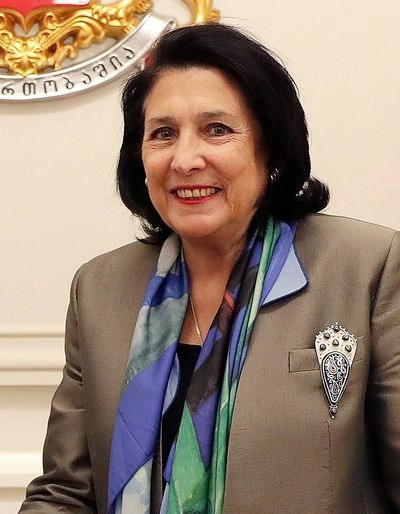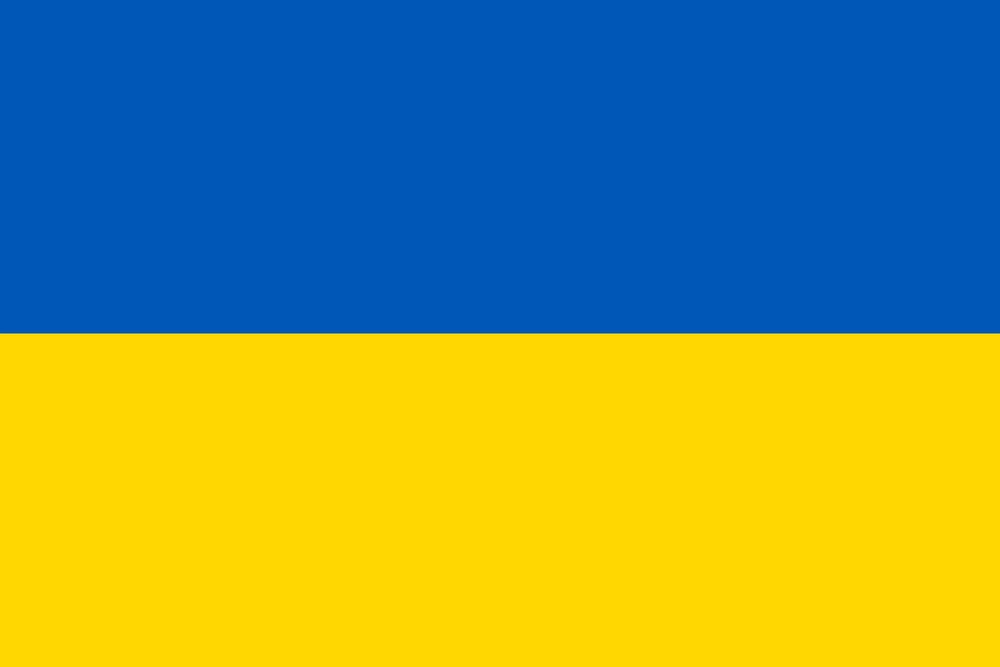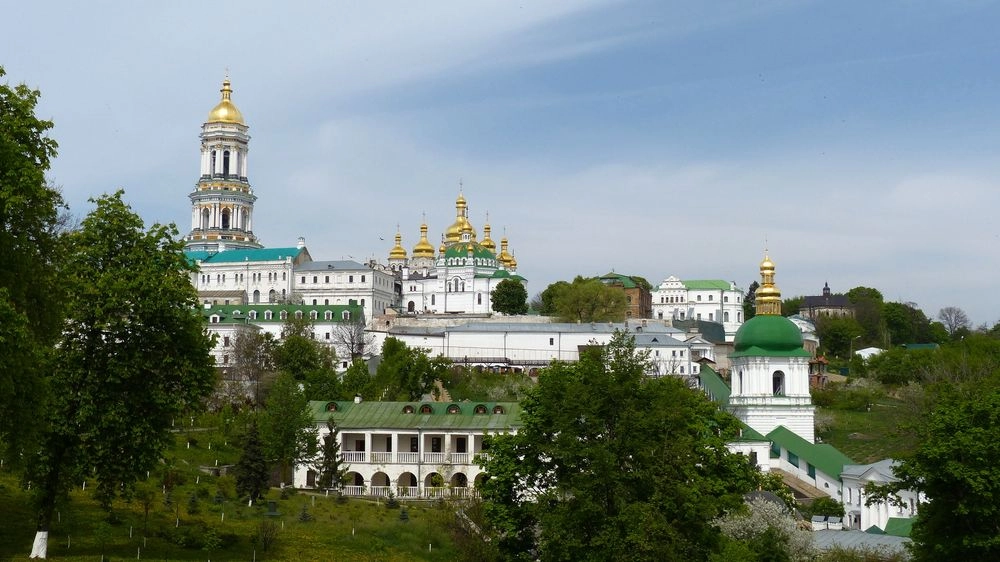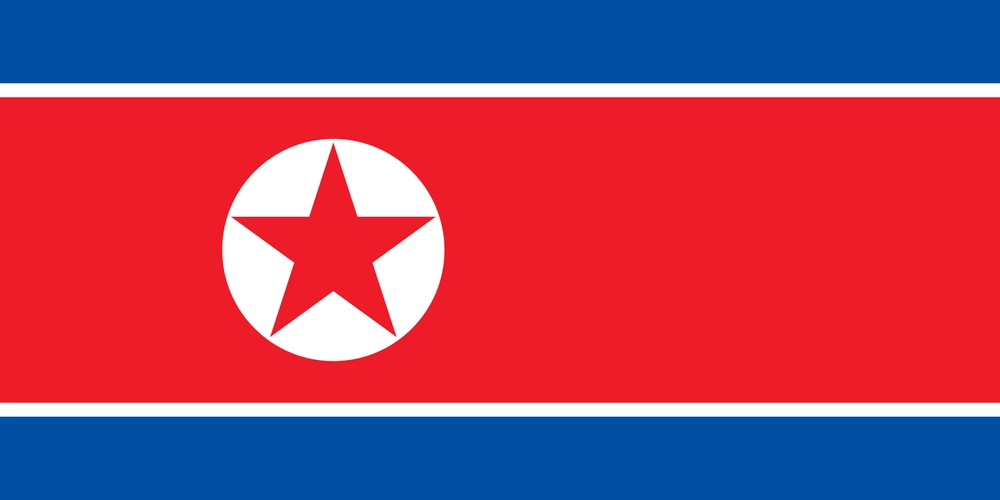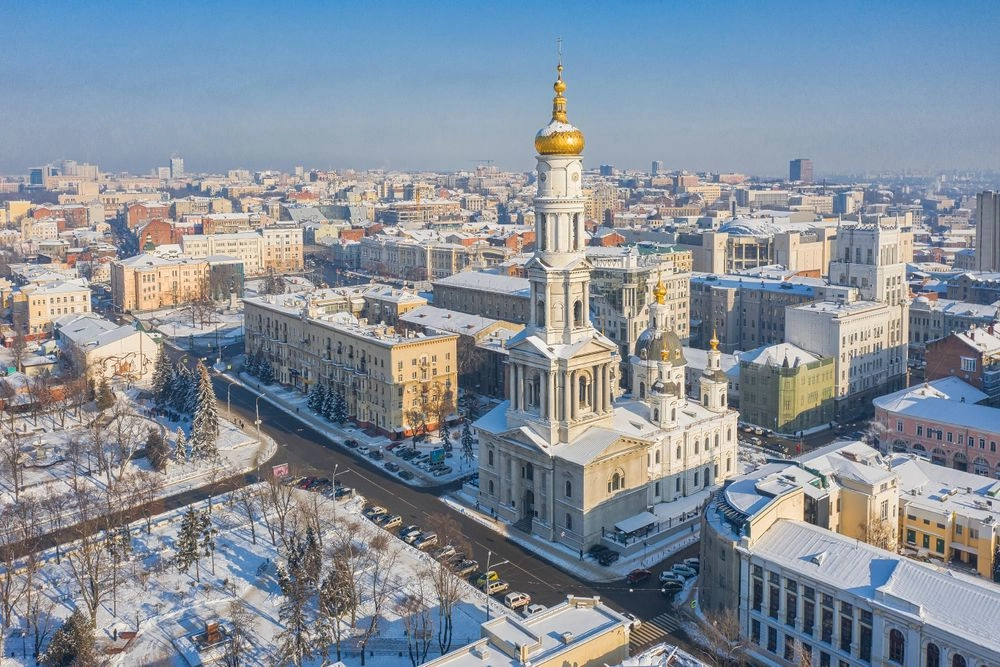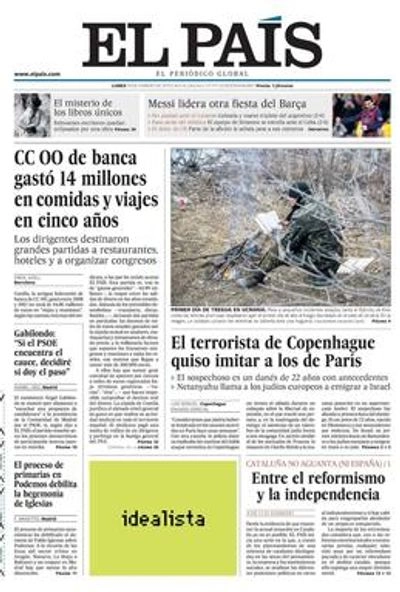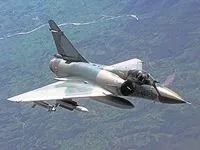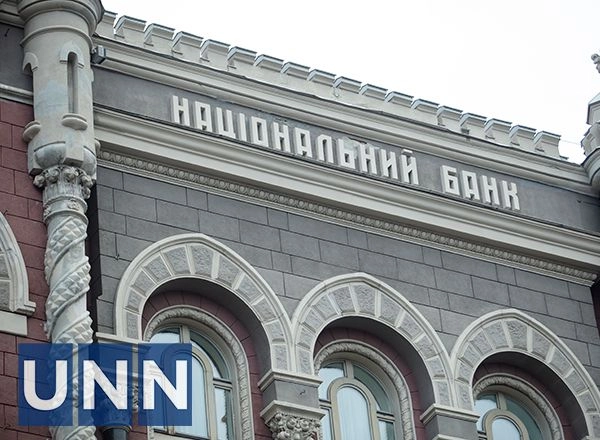
NBU cuts key policy rate to 15% amid slowing inflation
Kyiv • UNN
The National Bank of Ukraine cut its key policy rate from 16% to 15%, citing slowing inflation and stable currency conditions, but also recognizing risks such as war and volatile international aid.
The National Bank of Ukraine has cut its discount rate from 16% to 15%, the NBU said on Thursday, UNN reports.
Details
"The Board of the National Bank has decided to reduce the discount rate from 16% to 15% from December 15, 2023," the statement said.
The NBU said that this decision is consistent with the slowdown in inflation and the improvement in inflation expectations.
As noted, the NBU is ready to flexibly adapt its interest rate policy in the future, taking into account changes in the balance of risks to exchange rate stability and inflation.
"The further dynamics of the key policy rate will depend on the development of inflationary processes, the state of the foreign exchange market, the rhythmicity of the flow and sufficiency of international assistance, the situation with security risks and other factors," the NBU said.
Inflation
The regulator pointed out that inflation in November fell to 5.1%, even slightly faster than expected. "The slowdown in inflation was facilitated by both the expansion of food supply from the new harvest and improved expectations against the background of a stronger hryvnia exchange rate," the National Bank noted.
"According to the NBU, inflation rates in December will remain close to current levels. At the same time, the risks of accelerating inflation remain due to logistical difficulties at the western borders and the faster exhaustion of the effects of significant harvests, especially of vegetables," the NBU said.
Exchange rate
The regulator said that the adaptation to the managed exchange rate flexibility regime was successful. "The foreign exchange market remained stable after the introduction of the new exchange rate regime. Increased demand for foreign currency was observed only in the first days of managed exchange rate flexibility, and later the balance of supply and demand for currency improved. This was reflected in a decrease in the NBU's net sale of foreign currency," the NBU said.
In November, the balance of the NBU's interventions, as indicated, amounted to USD 2.5 billion and was less than in the previous month. This was lower than in the previous months. "As declared, the NBU daily compensated for the structural deficit of the currency, allowing the hryvnia exchange rate to fluctuate both in the direction of strengthening and weakening under the influence of changes in the balance of supply and demand in the foreign exchange market," the regulator noted.
The NBU will maintain an active presence in the foreign exchange market to meet structural demand and smooth out exchange rate fluctuations, the central bank said.
"The structural deficit of foreign currency will remain in the future due to the consequences of the war. Accordingly, this will require the NBU to actively participate in the foreign exchange market, both to meet the structural demand for foreign currency and to smooth out significant exchange rate fluctuations. As the appropriate macroeconomic conditions are formed, the NBU will gradually increase the flexibility of the exchange rate and strengthen its role as a means of adapting the economy to external and internal shocks," the NBU said.
The NBU also promised to continue to take measures to maintain the attractiveness of hryvnia instruments for savings: deposits and government bonds.
Reserves
The level of international reserves remains sufficient to maintain exchange rate stability, the NBU reported.
At the end of November, the NBU's international reserves reportedly amounted to about USD 39 bn. THE NBU'S INTERNATIONAL RESERVES ARE REPORTED TO BE AROUND USD 39 BILLION. "In recent months, they have decreased slightly, despite the less rhythmic flow of external financing. The current volume of reserves is significantly higher compared to both the beginning of this year and the period before Russia's full-scale invasion," the regulator noted.
The key risk for inflationary dynamics and economic development remains the course of a full-scale war, while risks in terms of international assistance have increased, the National Bank said.





